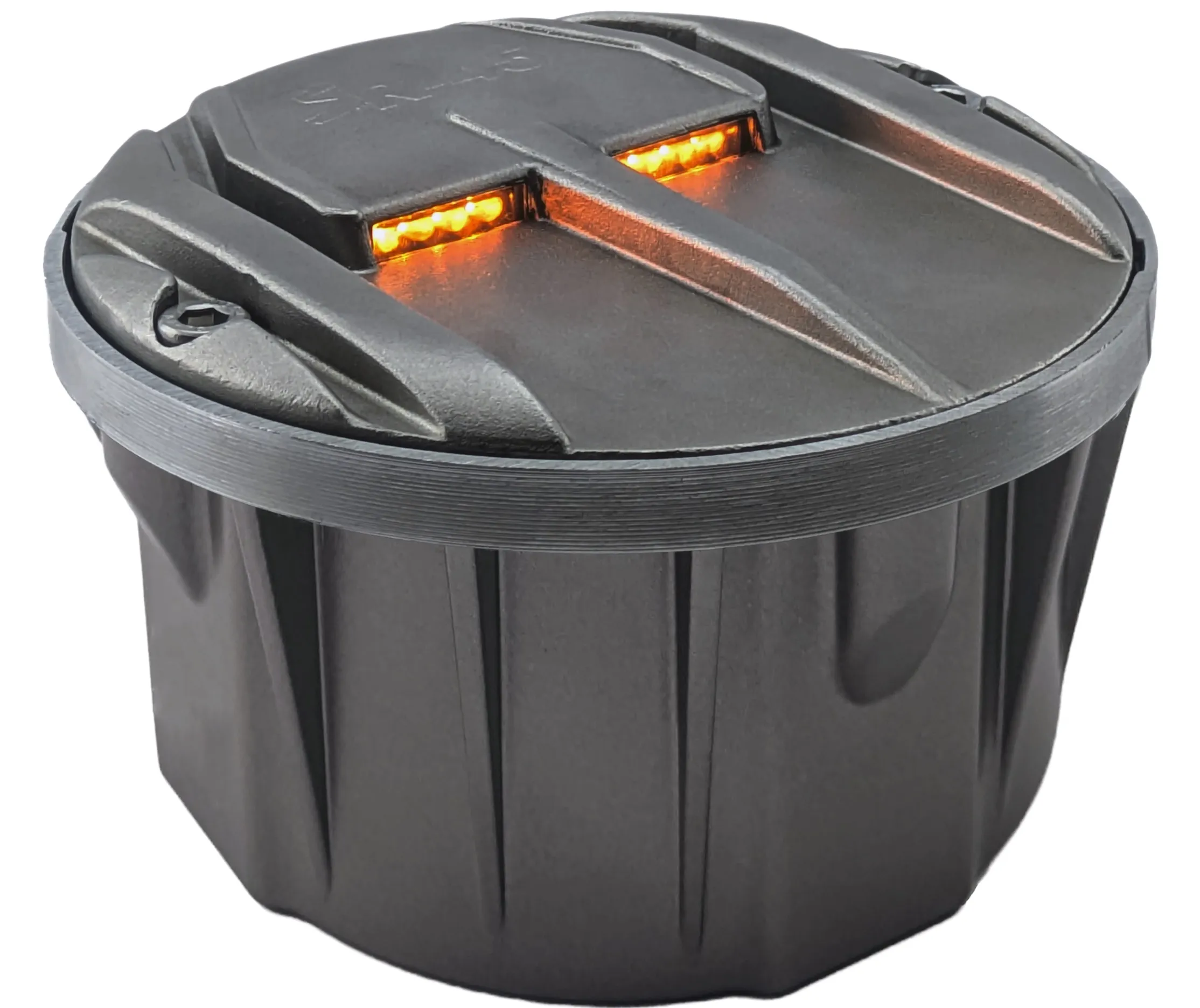Clean diesel grants aimed at cleaning up old diesel engines have greatly improved public health by cutting harmful pollution that causes premature deaths, asthma attacks and missed school and workdays, according to a new report by the US Environmental Protection Agency (EPA). Since its start in 2008, the Diesel Emission Reduction Act (DERA) program has significantly improved air quality for communities across the country by retrofitting and replacing older diesel engines.
Diesel exhaust significantly con
March 24, 2016
Read time: 2 mins
Clean diesel grants aimed at cleaning up old diesel engines have greatly improved public health by cutting harmful pollution that causes premature deaths, asthma attacks and missed school and workdays, according to a new report by the US Environmental Protection Agency (EPA). Since its start in 2008, the Diesel Emission Reduction Act (DERA) program has significantly improved air quality for communities across the country by retrofitting and replacing older diesel engines.
Diesel exhaust significantly contributes to the formation of dangerous soot and smog and is likely to increase the risk of cancer. The funding from the program has helped clean up approximately 335,200 tons of nitrogen oxides (NOx) and 14,700 tons of particulate matter (PM), which are linked to a range of respiratory ailments and premature death. The program has also saved 450 million gallons of fuel and prevented 4.8 million tons of carbon dioxide (CO2) emissions – equivalent to the annual CO2 emissions from more than 900,000 cars. EPA estimates that clean diesel funding generates up to US$13 of public health benefit for every US$1 spent on diesel projects.
“EPA is making a visible difference in communities that need it most through the funding of cleaner trucks, buses, trains, and other heavy equipment,” said Janet McCabe, the EPA’s acting assistant administrator for the Office of Air and Radiation. “The report on DERA’s impact offers striking evidence that this program is succeeding in providing Americans with cleaner air where they live and work while also cutting the pollution that fuels climate change.”
Diesel exhaust significantly contributes to the formation of dangerous soot and smog and is likely to increase the risk of cancer. The funding from the program has helped clean up approximately 335,200 tons of nitrogen oxides (NOx) and 14,700 tons of particulate matter (PM), which are linked to a range of respiratory ailments and premature death. The program has also saved 450 million gallons of fuel and prevented 4.8 million tons of carbon dioxide (CO2) emissions – equivalent to the annual CO2 emissions from more than 900,000 cars. EPA estimates that clean diesel funding generates up to US$13 of public health benefit for every US$1 spent on diesel projects.
“EPA is making a visible difference in communities that need it most through the funding of cleaner trucks, buses, trains, and other heavy equipment,” said Janet McCabe, the EPA’s acting assistant administrator for the Office of Air and Radiation. “The report on DERA’s impact offers striking evidence that this program is succeeding in providing Americans with cleaner air where they live and work while also cutting the pollution that fuels climate change.”








